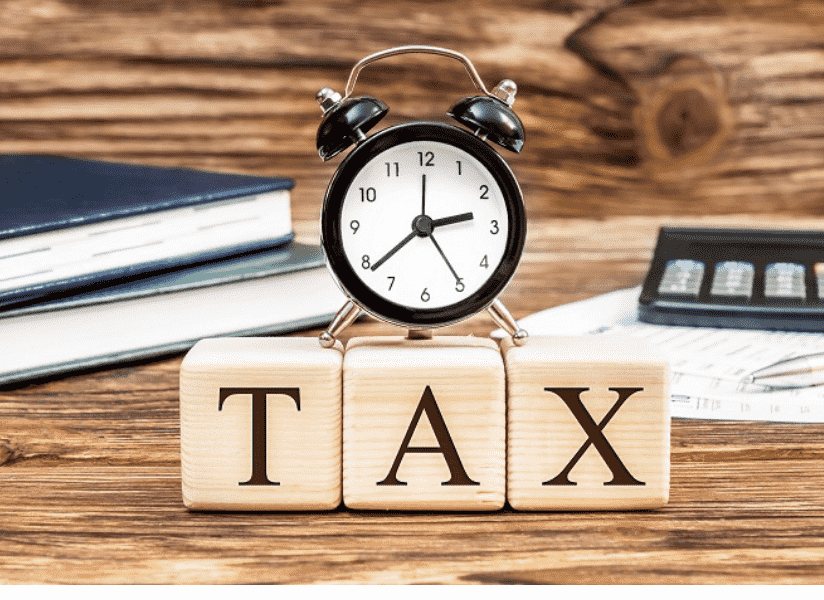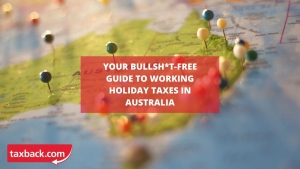Over $1 million in Canadian tax refunds go unclaimed every year!
Many people working in Canada fail to claim their tax refunds every year.
The Canada Revenue Agency (CRA) reports that half a million dollars in tax refunds are unclaimed every day.
Have you worked in Canada?
If so, you could be due a tax refund. It's always worthwhile to check if you are entitled to claim tax back in Canada. Feel free to use our income tax return calculator to find out how much tax refund you are due back!
It's your money, so let's not leave it with the CRA! Taxback can help you claim your tax refund today.
Here are some tips to keep in mind when filing a Canadian tax return:
1. Are you a resident or non-resident?

Whether you are considered a resident or non-resident in Canada will affect how you are taxed.
There are a number of things to consider when determining your residency status, such as the residential ties you have in Canada and your ties abroad.
You are considered a resident in Canada for tax purposes if Canada is the place where you normally live in the settled routine of your life.
You need to have ties to Canada, such as, a house, dependants, or a spouse or common law partner.
To be considered a non-resident for tax purposes, you normally live in another country and don't have significant residential ties to Canada.
If you're on a 1 or 2 year working holiday visa, and you plan on leaving Canada after that amount of time, it's likely that you would be considered a non-resident for tax purposes.
Taxback can help you to determine whether you are a resident or non-resident for tax purposes.
The average Canadian tax refund is $998
2. The 90% Rule
The 90% rule states that if you earned income from outside Canada in the same tax year you earned income from Canadian sources, you might not be entitled to claim personal tax credits.
So, if you earned more than 10% of your income outside Canada in the year, you can't avail of personal tax credits.
This is particularly relevant if you worked in your home country in the same year that you came to Canada for a working holiday.
If you need help with Canadian taxation, or determining whether the 90% rule applies to you, Taxback can help.
3. TD1 form
The TD1 form is used to calculate your eligibility for tax credits. The two main reasons you would fill in a TD1 form is when you start a job for the first time and when you change employers.
It's important to fill this form in right as it could mean the difference between you owing tax or getting a refund from the CRA.
One thing to note when filling in your TD1 form is that you should enter 0 in box 13 and tick 'No' on the non-resident question if you didn't earn 90% of your income in Canada during the tax year, ie. if the 90% rule applies to you.
The average Canadian tax refund is $998
4. Filing your tax return

The deadline for filing your Canadian tax return is 30 April. So be sure to get your tax return filed before then to avoid any fees or penalties. You can file your tax return anytime from mid-February - so file it early to avoid any last minute panic before the deadline!
In order to file your tax return you will need your SIN and T4 or final payslip from your employer.
Why Taxback for your tax refund services?
We know it can be a hassle sorting out everything to file your Canadian tax return.
That's why we're here!
You don't want to be one of those people who have left their Canadian tax refund unclaimed!
Apply through Taxback today! Use our income tax refund calculator to find out how much tax you are due back.
How much tax refund will I get?
The average Canadian tax refund is $998 - so it's a no brainer to get started now.
Use our tax refund estimator to find out how much tax refund you're due!
The average Canadian tax refund is $998




